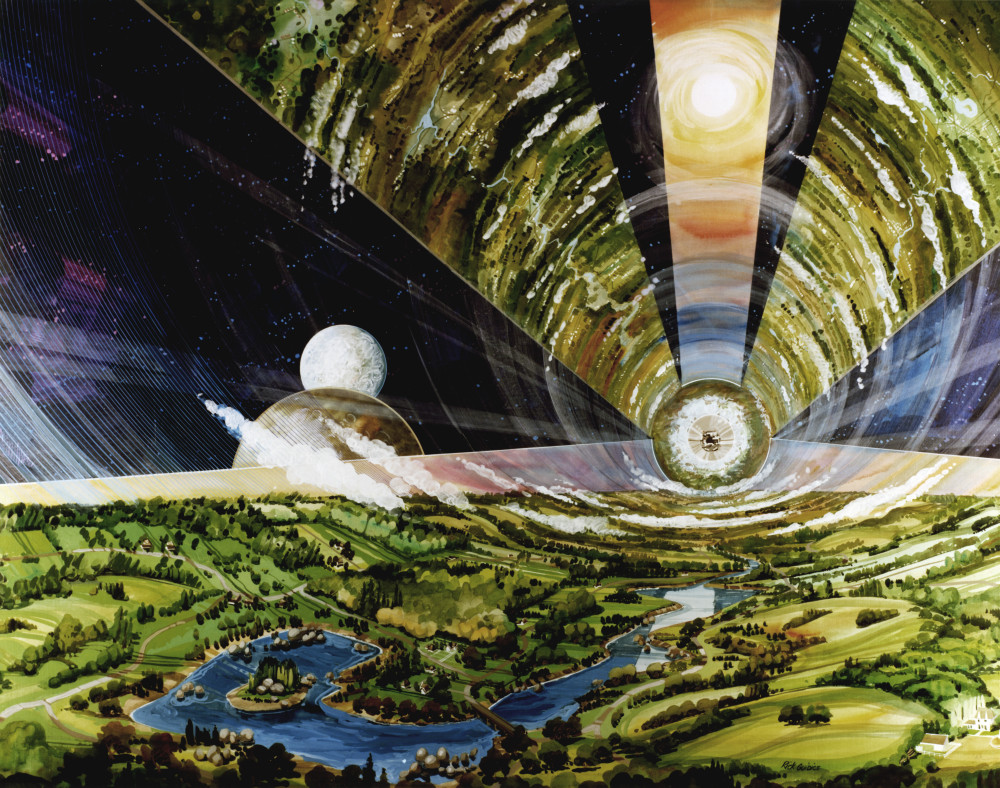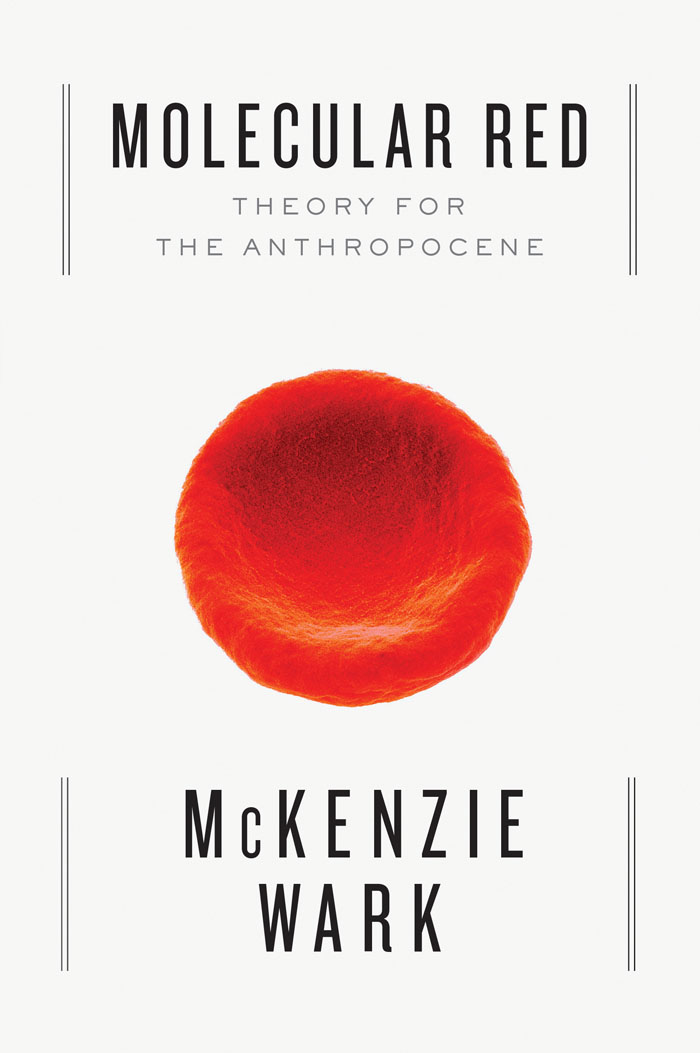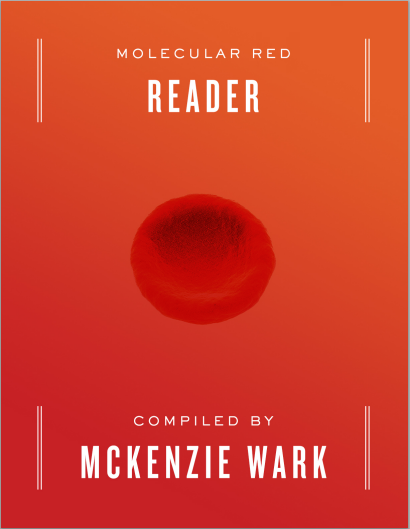Václav Janoščík (ed.): Objekt (2015) [Czech]
Filed under book | Tags: · media theory, new media, object-oriented ontology, philosophy, speculative realism

“The book presents some of the key texts associated with speculative realism and new materialism. As such it is the first translation of these currents into Czech.”
With texts by Václav Janoščík, Timothy Morton, Steven Shaviro, Graham Harman, Levi Bryant, Nick Srnicek, Sean Cubitt, Jussi Parikka, Lev Manovich, Kateřina Cepáková, Constant Dullaart, Dita Malečková, and Jiří Maha.
Translated by Václav Janoščík and Zdeněk Havlíček
Publisher Kvalitář, Prague, 2015
Creative Commons BY-NC-ND License
ISBN 9788026086390
215 pages
via editor
Reviews: Tereza Stejskalová (Sešit, 2016, CZ), Peter Megyeši, (cont.) (Profil, 2017, SK).
Comment (0)Glass Bead, 1: Site 0: Castalia, the Game of Ends and Means (2016) [English/French]
Filed under journal | Tags: · affect, art, mind, philosophy, theory

“The first issue of this journal, as well as Glass Bead’s project at large, is directed towards rethinking art as a mode of rational thought. It starts from the assumption that any claim concerning the efficacy of art—its capacity, beyond either its representational function or its affectivity, to make changes in the way we think of the world and act on it—first demands a renewed understanding of reason itself.
The site on which this issue focuses is Castalia, the fictional province imagined by Hermann Hesse in The Glass Bead Game (1943). Set in Central Europe some five hundred years in the future, Castalia hosts a peculiar society entirely dedicated to the pursuit of pure knowledge. Mobilising Castalia as an equivocal image, at once archetype of modern universalism and fortress delegitimized by its own enclosure, the aim of this issue is to revisit and transform the Castalian model for the unification of reason.
Site 0: Castalia, the game of ends and means is structured around partially overlapping charts. These charts are meant to figure specific routes drawn in the site by the contributors to this issue.”
With contributions by Peter Wolfendale, Guerino Mazzola, Andrée Ehresmann, Mathias Béjean, Ray Brassier, Gabriel Catren, Anselm Franke, Benedict Singleton, Keller Easterling, Giuseppe Longo, Martin Holbraad, Eduardo Viveiros de Castro, Tristan Garcia, Fernando Zalamea, Deneb Kozikoski Valereto, Olivia Caramello, Tarek Atoui, Linda Henderson, Freeman Dyson, Alex Williams, Holly Herndon, Mat Dryhurst, Laboria Cuboniks, and Amanda Beech.
Edited by Fabien Giraud, Jeremy Lecomte, Vincent Normand, Ida Soulard, and Inigo Wilkins
Publisher Glass Bead, February 2016
HTML, PDFs (English)
HTML, PDFs (French)
single PDF (English, 16 MB, updated on 2017-12-6)
See also Issue 2
McKenzie Wark: Molecular Red: Theory for the Anthropocene (2015)
Filed under book | Tags: · agriculture, anthropocene, climate, climate crisis, communism, cyborg, environment, knowledge, labour, literary criticism, marxism, nature, philosophy, production, proletariat, proletkult, revolution, science, science fiction, technoscience, tektology, theory, utopia


“In Molecular Red, McKenzie Wark creates philosophical tools for the Anthropocene, our new planetary epoch, in which human and natural forces are so entwined that the future of one determines that of the other.
Wark explores the implications of Anthropocene through the story of two empires, the Soviet and then the American. The fall of the former prefigures that of the latter. From the ruins of these mighty histories, Wark salvages ideas to help us picture what kind of worlds collective labor might yet build. From the Russian revolution, Wark unearths the work of Alexander Bogdanov—Lenin’s rival—as well as the great Proletkult writer and engineer Andrey Platonov.
The Soviet experiment emerges from the past as an allegory for the new organizational challenges of our time. From deep within the Californian military-entertainment complex, Wark retrieves Donna Haraway‘s cyborg critique and science fiction writer Kim Stanley Robinson’s Martian utopia as powerful resources for rethinking and remaking the world that climate change has wrought. Molecular Red proposes an alternative realism, where hope is found in what remains and endures.”
Publisher Verso, London and New York, March 2015
ISBN 1781688273, 9781781688274
xxiv+280 pages
Reviews: Slavoj Žižek (Verso 2015, Wark’s response), John Beck (Radical Philosophy 2015), Mark Rappolt (ArtReview 2015), Maria Chehonadskih (Mute 2015, Wark’s response), Two Grenadiers (2015), Pieter Vermeulen & Tom Chadwick (nY 2016), Jim Harper (LSE Review of Books 2016).
Commentary: Joe Guinan (Renewal 2015), Jernej Kaluža (Radio Student 2019, SL).
Video lecture (Concordia U, Apr 2015)
Publisher
WorldCat
See also Molecular Red Reader compiled by Wark (PDF).
Comment (0)
